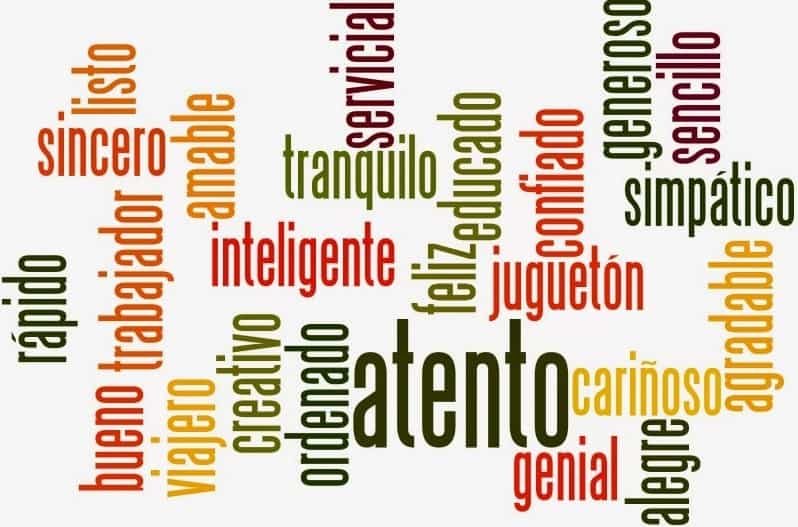All languages have different tools to emphasize or reinforce the message they are trying to get across. One of the most popular tools in Spanish is to place the adjective before the noun. This grammatical resource is frequently used in literary discourse (especially poetry), but it is also very popular in the advertising world to highlight the qualities of the products being sold.
When we reverse the traditional noun + adjective order of Spanish grammar by placing the adjective before the noun, we attract the listener/reader attention to that quality, thus emphasizing it.
- Además de sus conocidísimas pinturas, Goya realizó magníficos dibujos y series de grabados. In addition to his world-renowned paintings, Goya created magnificent drawings and series of prints.
- De estos últimos años son sus célebres Pinturas Negras, como “Saturno devorando a sus hijos” o los grabados “Los desastres de la guerra”. His famous Black Paintings, such as “Saturno devorando a sus hijos” or the set of aquatint prints “Los desastres de la guerra”, date from these last years.
- La estrecha relación que mantuvieron el pintor y la Duquesa de Alba fue uno de los escándalos más jugosos de la historia española-karasik. The close relationship between the painter and the Duchess of Alba was one of the juiciest scandals in Spanish history.
- Su privilegiada posición en la corte hizo que Goya pudiera tener contacto directo con la aristocracia española-karasik. His privileged position in the court allowed Goya to have direct contact with the Spanish aristocracy.
Note that placing the adjective before the noun can sometimes cause a change of meaning:
- Vendí mi viejo coche. (The adjective has a more positive connotation. I feel nostalgic about selling a car I had for so many years.)
- Vendí mi coche viejo. (The adjective has a rather negative connotation. The car is old, and I want to get rid of it.)
- Mi viejo amigo. (We’ve been friends for a long time.)
- Mi amigo viejo. (My friend is old.)
- Es un gran hombre. (He is a great man.)
- En un hombre grande. (He is a large man.)


